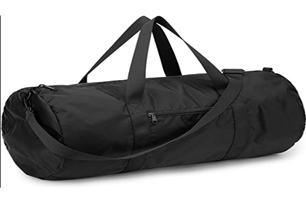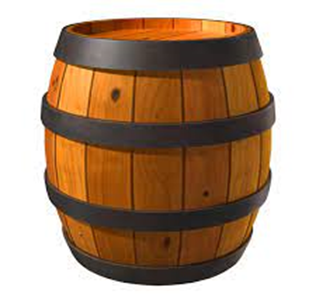BARREL AND ITS VARIOUS MEANINGS (PART 2)

BARREL AND ITS VARIOUS MEANINGS (PART 2) OTHER MEANINGS AND USAGE OF ‘BARREL’ Barrel Bag (noun) A sports bag which is cylindrical in shape. It is also called gym bag or duffel bag. Please see picture below: Picture Credit: konga.com/product Barrel Bomb (noun) A barrel or container loaded with explosives and dropped from airplane/ helicopter as an improvised bomb, without any guiding system. Barrel bomb is also called dumb bomb. Barrel Race (noun) A kind of horse race in which horses are raced or ridden around standing barrels, to determine adroitness and championship. Please see picture below: Picture Credit: Pixabay Barrel Bulk (noun) A measure that is equal to five cubit feet or approximately 142 litres. Barrel bulk is used to estimate capacity (volume, size, etc.) in relation to vessels or freight. Barrel Cactus (noun) Any cactus plant with barrel-like shape. Some of the barrel
